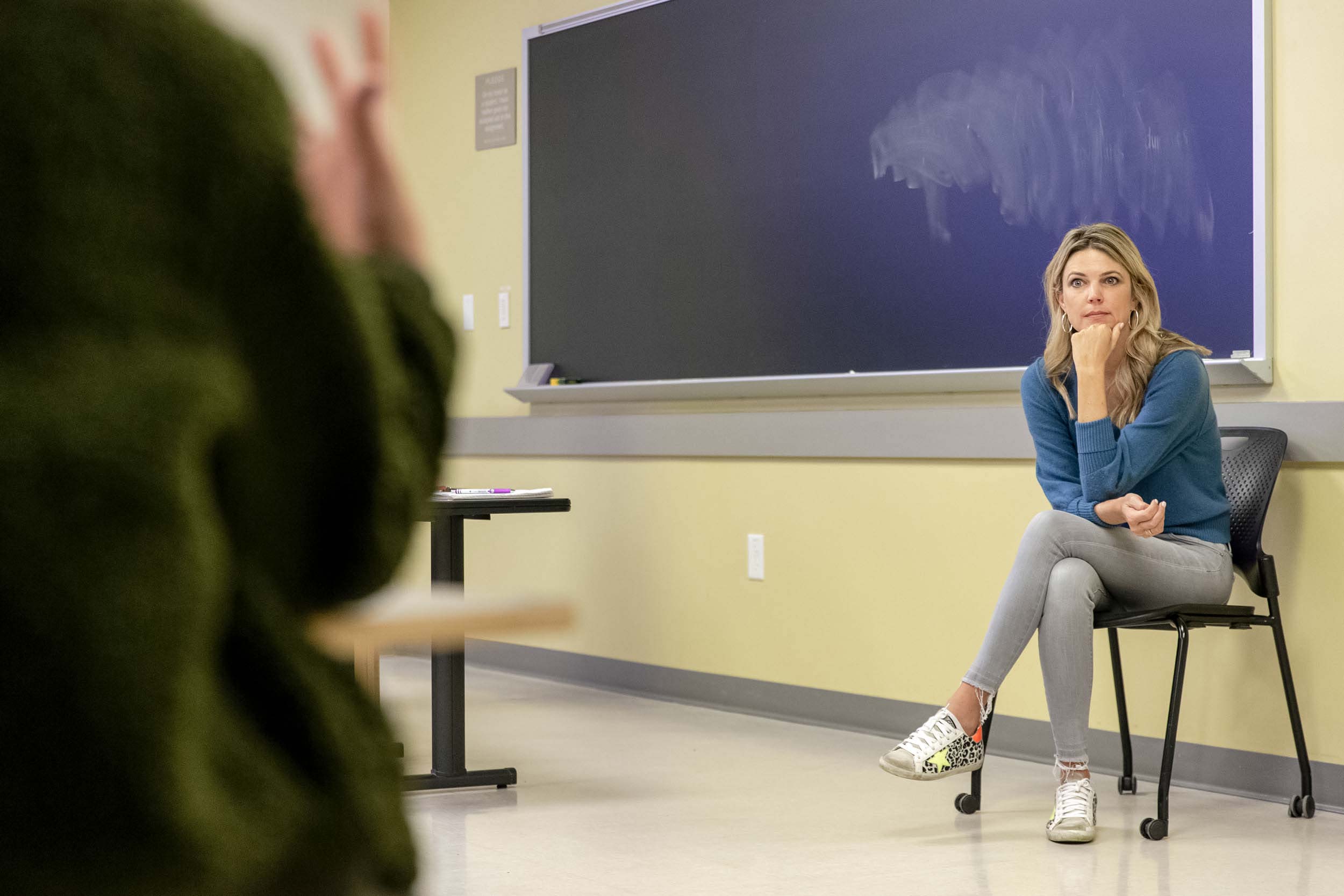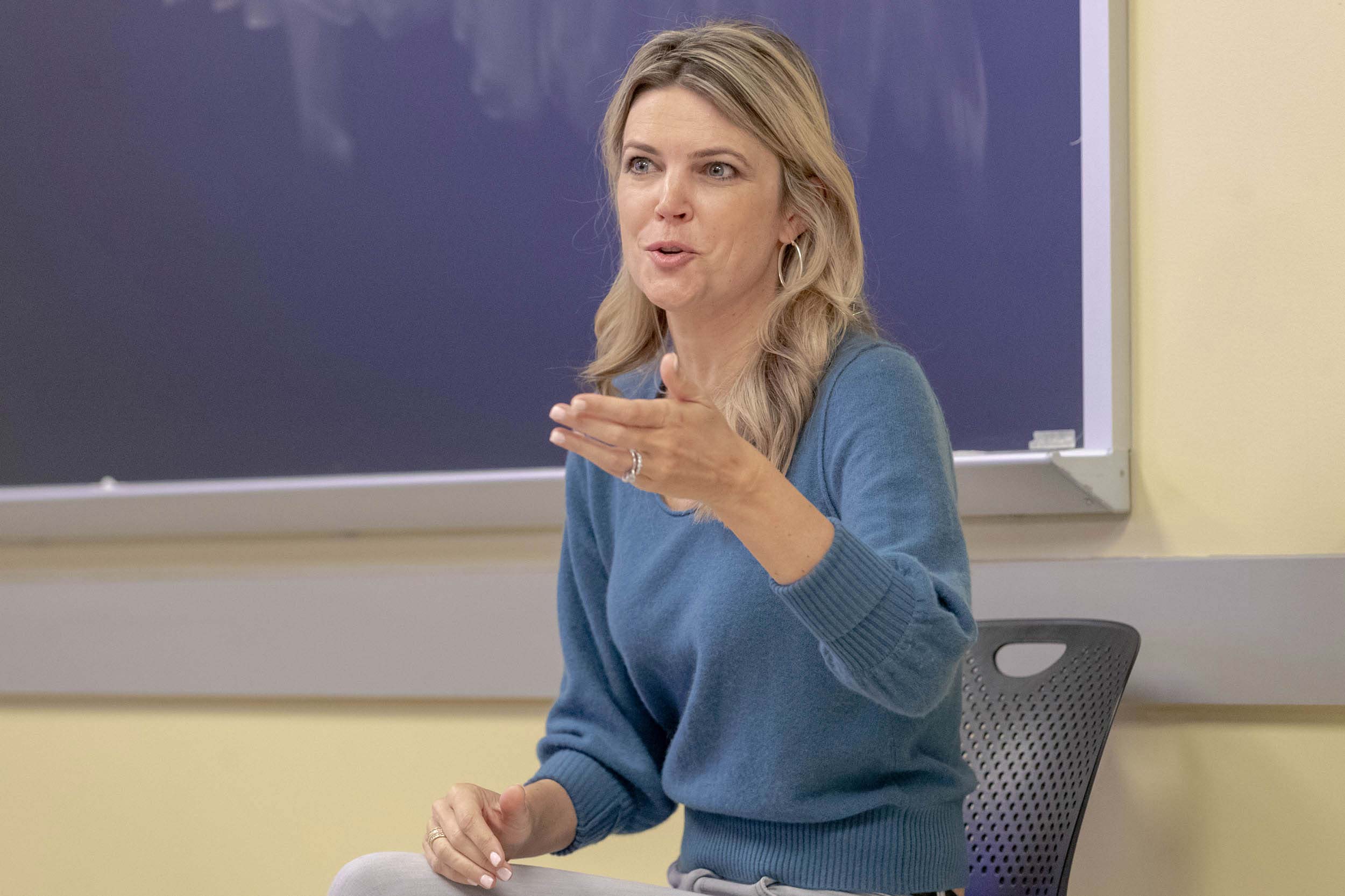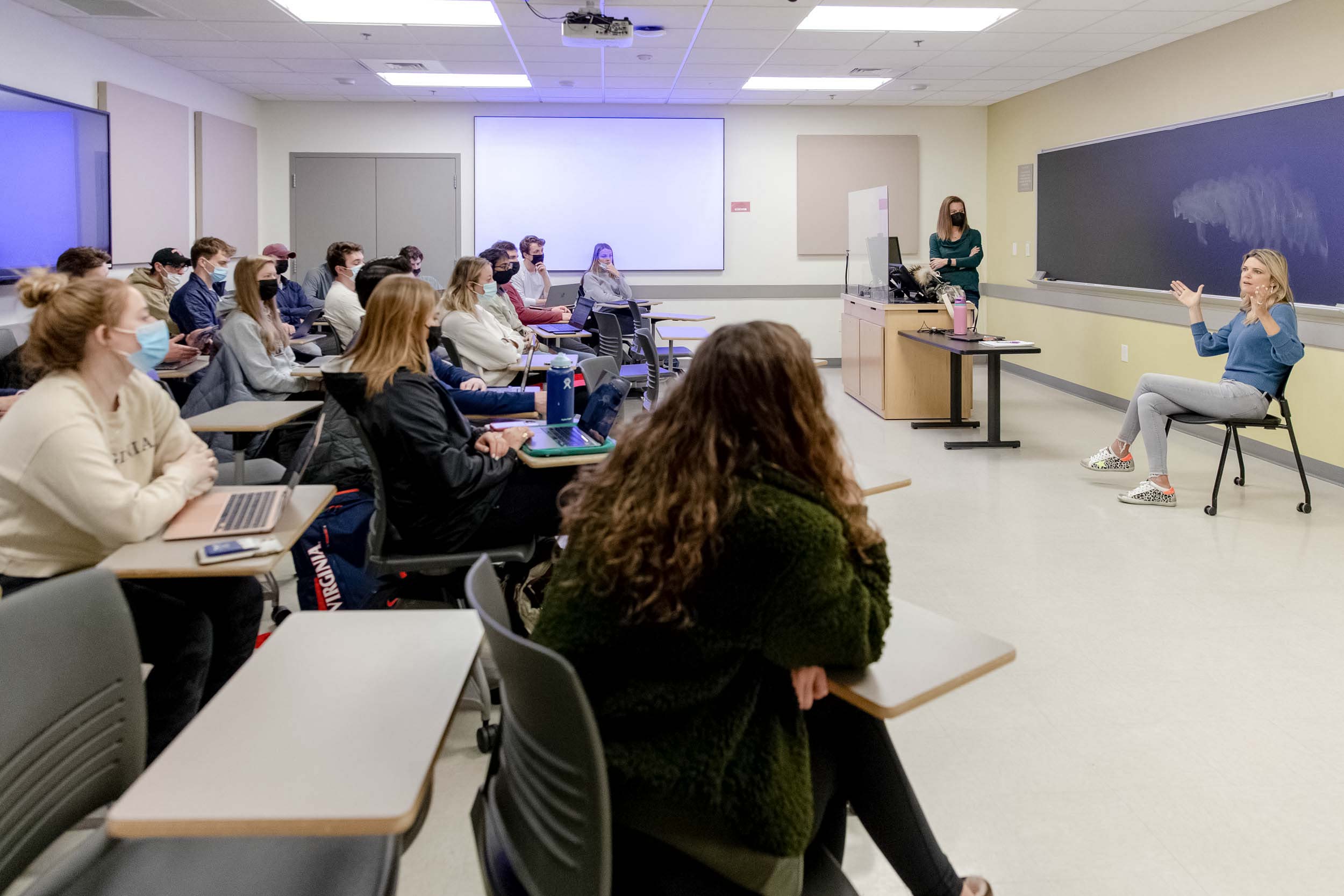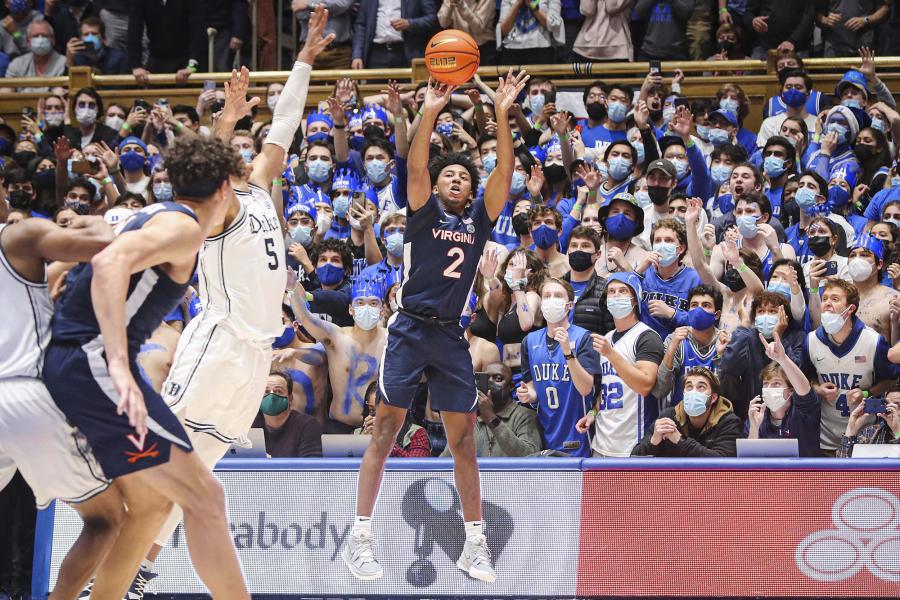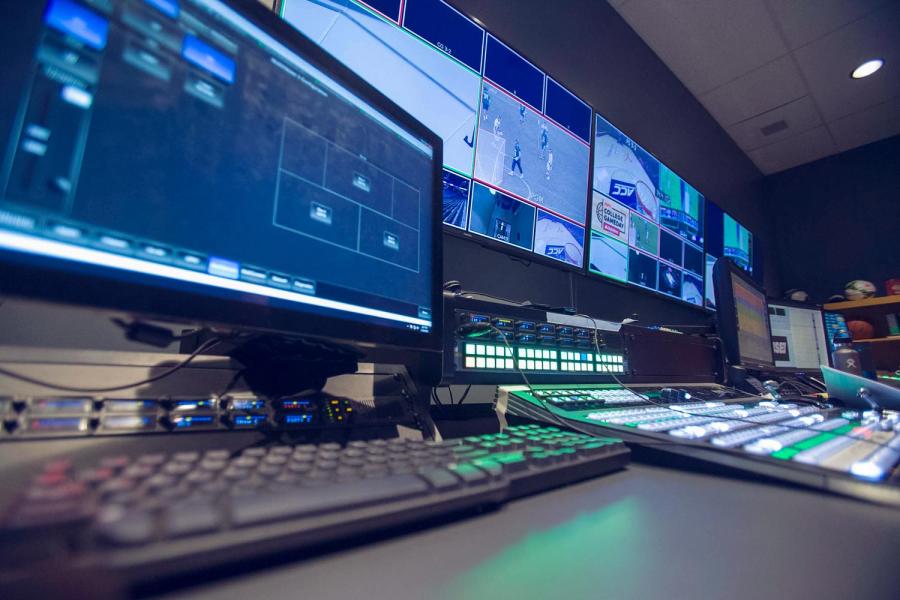Q. The “Rooney rule,” which required NFL teams to interview a Black candidate as part of any head coaching search, was supposed to address a lot of the issues related to the lack of Black head coaches in the NFL, but clearly isn’t working. Do you have an opinion on where you think the league needs to go from here?
A. It’s a work in progress, and the league is making it a priority, and the league needs to do so. Obviously it’s something where you look at the NFL that is predominantly African American and representation is very important. I think it’s a very complicated issue. It’s a work in progress, but the league is making it a priority and needs to make it a priority.
Q. On a lighter note, almost every sports reporter could make a pretty lengthy blooper reel. Do you have some greatest hits, so to speak, that you can laugh about now?
A. Oh, my gosh, yes! I’m so thankful that YouTube did not exist. There are two things I did that I would have never lived down and maybe wouldn’t have had a career.
It was the first time I had ever done a live studio show and I had never read Duquesne [University] written out. So I said, “Fordham at …” I was waiting and hoping the producer would say something. And so I said, “Fordham at Dew-Kez-ney.” I think I was 21 or 22 and just wasn’t familiar with the school. That was just horrible, horrible.
Then the second one was my first live shot in the field with ESPN, at a Division III football championship. And as soon as [the hosts] threw it to me, it was like my mind went blank. I literally couldn’t remember the quarterback’s name. It was just a moment of absolute panic, and it was horrible. I’m just really thankful it didn’t happen in the day of social media and all that.
And then, as my career has gone on, I’ve had my sweater catch on fire during a live shot, I’ve had [audio difficulties] and no idea if anybody could hear what I was saying, I was hit in the head with a football. But once I had the repetition, I could have anything happen around me.
Q. I’d be remiss if I didn’t ask you about your experiences with the late John Madden. Today’s generation might only know him because of his video games, but he was really so much more, right?
A. I think it’s hard in life to be the best at what you are in one thing, and he was the best in three things – as a coach, as a [businessman] with his video games and as a broadcaster. And I would say it’s even more than just that trifecta. As a human being, he was as genuine as they get. He was down to earth and humble and real. And he was so supportive of me in making me feel like I belonged. He treated me like one of the guys and gave me the confidence that I needed. I’ll forever be indebted to him. He was a mentor, father figure, coworker and friend all wrapped in one. We still talked up until the day before he died. We had a great relationship.
Q. You obviously still keep tabs on UVA sports. What did you think of UVA’s hiring of Tony Elliott as head football coach?
A. I think it’s so exciting. I love his history, where he’s come from and what he’s overcome. He is so excited about developing young men, and I think taking back recruiting in Virginia is going to be huge, and the staff that he’s hired seems great. I just like his whole mentality of developing the whole person, not just the athlete, but mind, body and spirit. And the fact that he’s won two national championships – he knows how to get us there.
